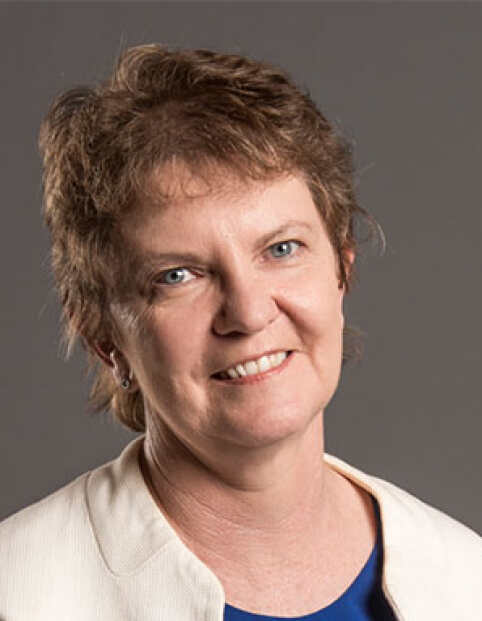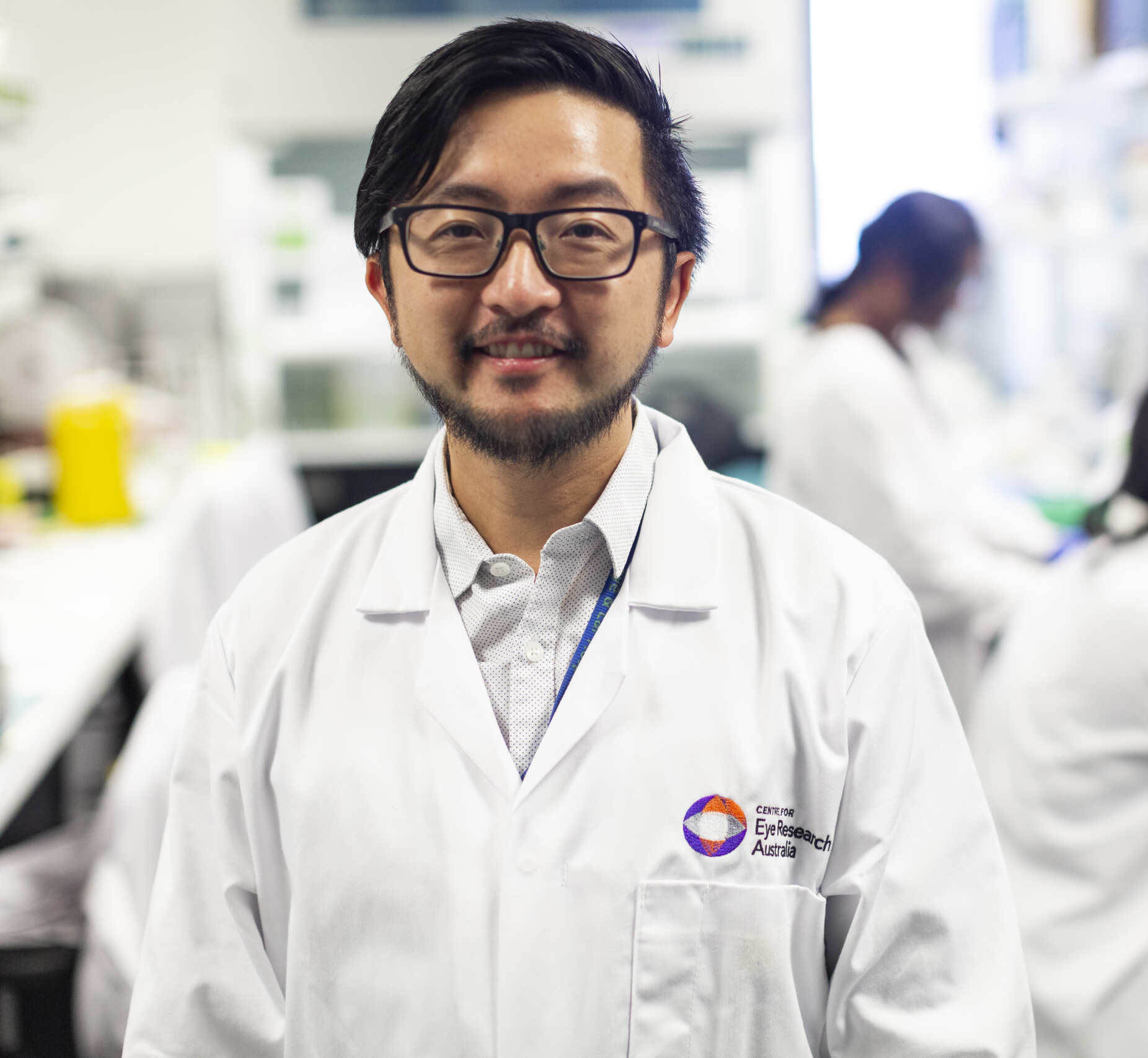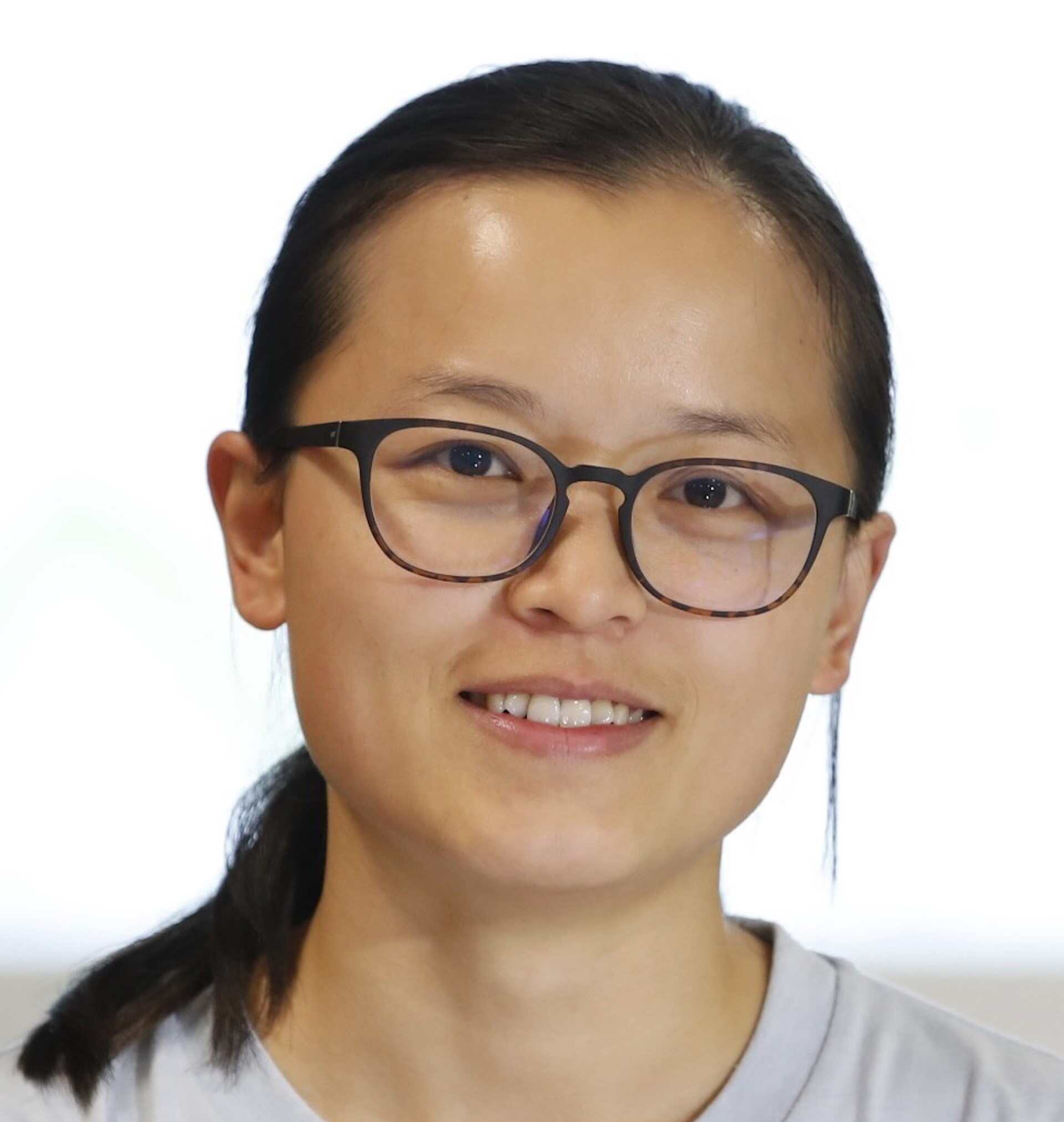Project Aim
This project aims to develop gene replacement therapies for autosomal recessive (AR) inherited retinal diseases (IRDs), where no treatments currently exist. It focuses on targeting genes small enough for adeno-associated virus (AAV)-mediated gene therapy, which has shown promise in other successes like RPE65 gene therapy.
It will focus on targeting genes small enough for adeno-associated virus (AAV)-mediated gene therapy and will target AR IRDs caused by variants in photoreceptor specific genes.
The project’s approach of investigating novel therapies in retinal organoids will accelerate the development of future treatments for these small-gene IRDs.
Project Summary
The project will generate patient-derived stem cells from three individuals with small gene AR IRDs and develop retinal organoids to study biomarkers and test AAV-mediated gene replacement therapy. There are approximately 120 IRD disease genes which are small and where the diseases they cause would also be likely to be amenable to gene replacement therapy.
In this project, the pipeline for iPSC differentiation to retinal organoids, characterisation of biomarkers of disease in the retinal organoids, and creation and testing of the novel AAV-mediated gene therapy will be optimised. This will pave the way for development of other novel gene therapies for these IRDs due to loss of function disease mechanisms in small genes amenable to gene replacement therapy.
Expected Outcomes
The outcomes expected include:
- Demonstration of success of the gene replacement therapy approach undertaken in the retinal organoids.
- The identification of useful biomarkers to characterise disease in the retinal organoids which may also be useful for other forms of IRD for use in future investigations.
- The successful gene therapy that is developed will be able to be moved forward to the clinical trial phase, which will provide a major step forward for the affected participants and other individuals affected with variants in the investigated gene. This will also provide a path forward for other individuals affected with AR IRDs with variant in small genes.
- The biomarkers identified will also be valuable for investigation of patient-derived retinal organoids in patients who may have been found to have variants of uncertain significance in these genes but do not yet have a clearcut genetic diagnosis. The biomarkers identified in this project will be particularly valuable in helping these patients move forward towards a genetic diagnosis.

Chief investigator:
Professor Robyn Jamieson
Children's Medical Research Institute, Sydney Children’s Hospitals Network, Save Sight Institute - University of Sydney
Grant awarded:
$60,000
Timing:
2025 (1 year)
Research Impact Reports
Selective Activation of Retinal Bipolar Cells Using Freeform Electrical Stimulation
Project Aim This project explores a new method called freeform...
Development of epigenetic reprogramming technology to treat retinal degeneration
Project Aim This project aims to create a new way...
Characterizing Stargardt Disease Mutations for Splice Intervention Therapeutics
Project Aim The aim of this project was to find...
Virtual Reality Assessment of Functional Vision in achromatopsia
Project Aim This project aimed to develop and validate a virtual reality (VR) mobility task...




